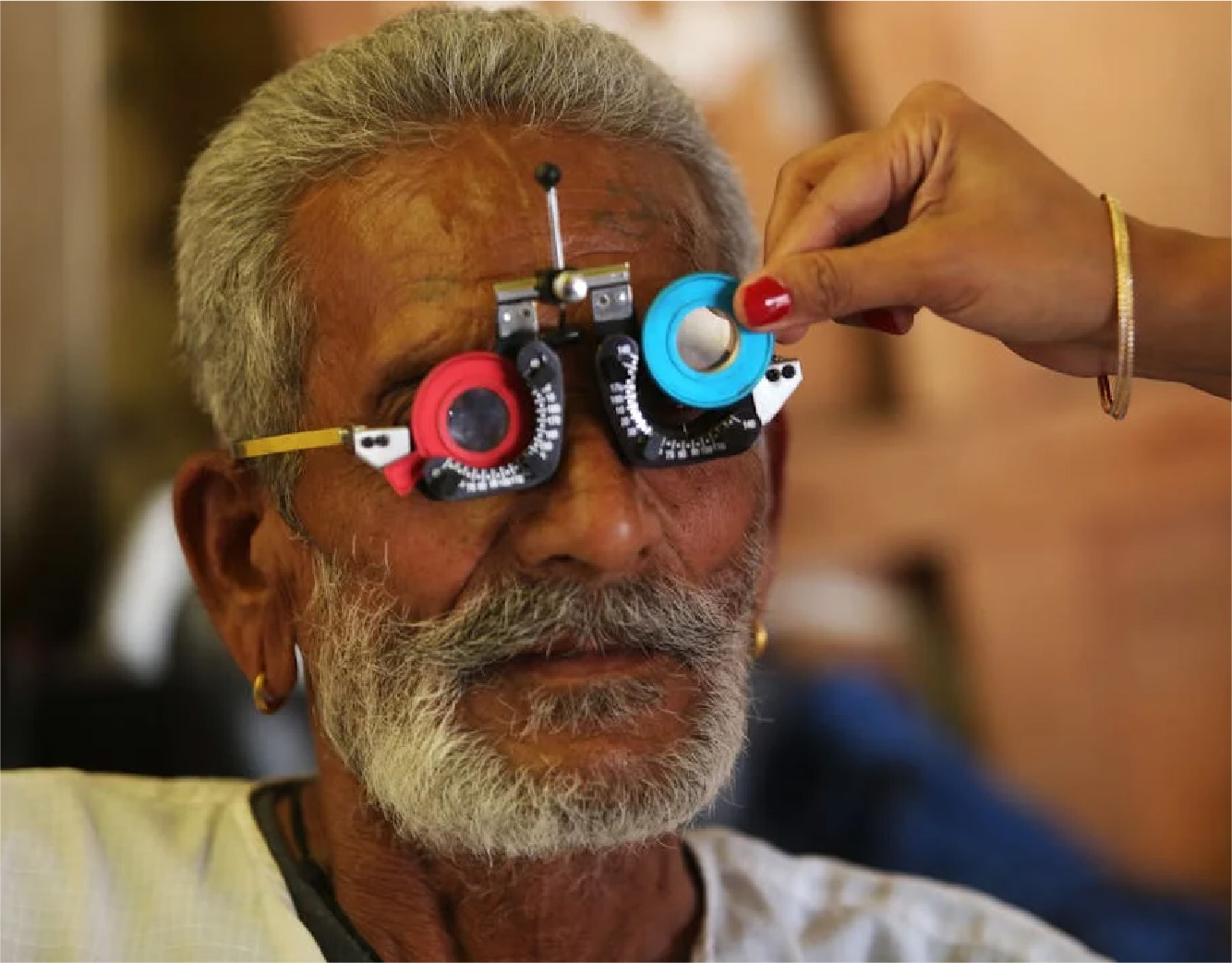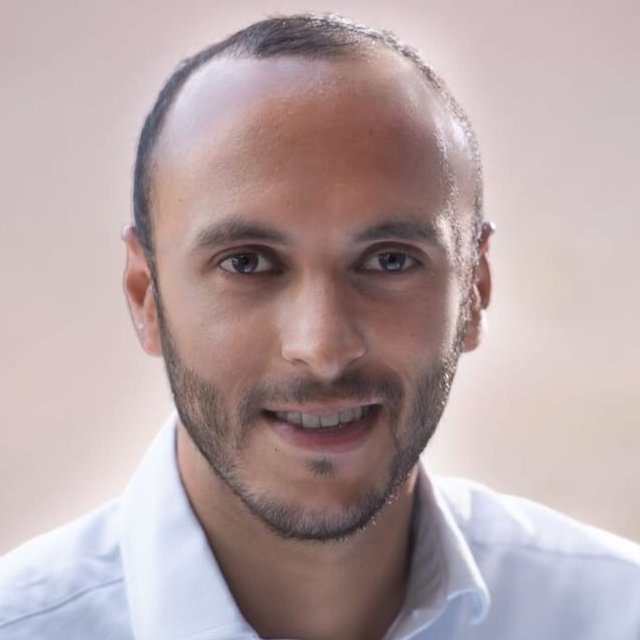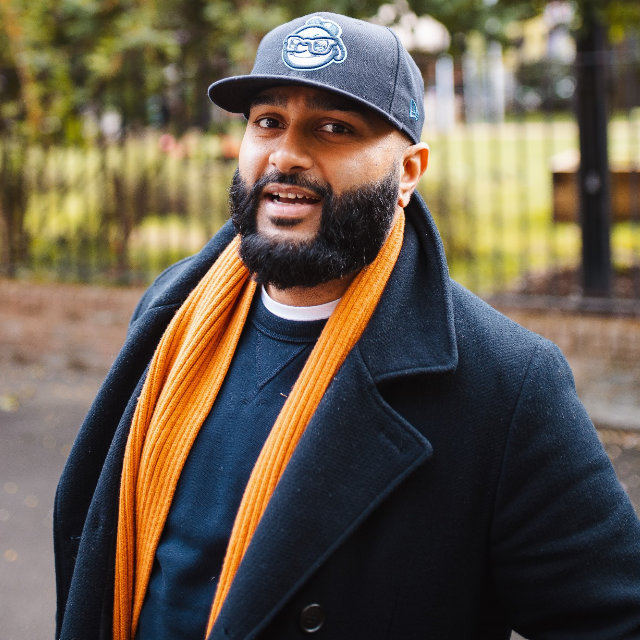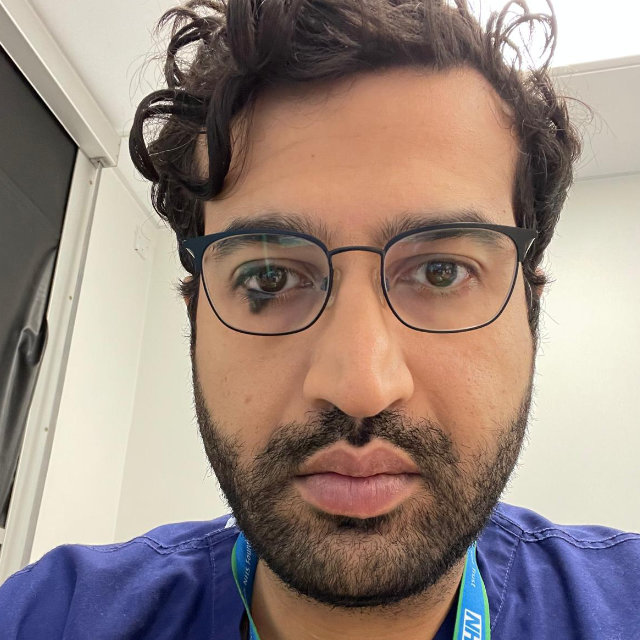Cataract Surgery

What are Cataracts?
A cataract is a clouding of the lens of the eye which prevents one from seeing clearly.
In a healthy eye, the natural lens is clear and helps focus the rays of light on the back of the eye called the retina.

What are the risk factors?
Cataracts usually develop gradually over many years but can also develop in conditions such as diabetes as well as with the use of some medications such as steroids. Occasionally an injury to the eye can also result in a cataract. Rarely, they can also be present at birth and are known as congenital cataracts.
- family history
- diabetes
- exposure to UV light
- trauma
- prolonged use of medications e.g. steroids
What are the symptoms of a cataract?
Cataracts symptoms include:
- difficulty in reading small print
- blurred vision
- difficulty with day-to-day tasks such as watching TV
- glare and sensitivity to light
- difficulty during nighttime driving
Do I need surgery for cataracts?
Cataracts do not need to be ready to be removed. A cataract surgery clinic will advise that removal depends on the symptoms and whether they affect the quality of your life.
Sometimes, you may be required to get them removed to enable monitoring of certain eye conditions such as diabetic retinopathy or if your driving vision does not meet the compliance standards for the DVLA.
How is cataract surgery done?
Cataracts can be treated with a private cataract eye surgery called phacoemulsification by taking out the cloudy lens and replacing it with an artificial lens implant. Diagnostic tests are required to determine the strength or power of the lens implant. These tests are undertaken either at your first clinic attendance or during a pre-operative assessment appointment.
What are the options for lens replacement?
Various types of lens implants are available and can be selected depending upon your preference for either wearing reading glasses following the operation or independence from wearing spectacles.
The following options are available:
- monofocal lens implants that usually correct for distance vision and glasses are required for close work. Occasionally monofocal lenses correct for near vision and glasses are then required for long distance
- intermediate vision or extended depth of focus (EDoF) lenses correct for long and intermediate distance and glasses may be required to read very small print at near distance
- multifocal lenses correct vision for distance, intermediate and near and aim to achieve spectacle independence for majority of the tasks
- toric lenses are available for correcting astigmatism where the eye is more elongated than round in shape and can be used to correct it at all distances with each of the lenses above
What can I expect at a cataract surgery clinic?
At our cataract surgery clinic, the procedure is usually carried out under a local anaesthetic, during which the patient is awake but the eye is numb and takes 20-30 minutes. It can also be carried out under sedation or a general anaesthetic, where you are awake with a light sedation making you relaxed or alternatively, can be put to sleep.
You can usually go home the same day and can resume your daily activities within the next couple of days of your cataracts treatment, although it is advisable to avoid strenuous activities in the first month or so.

Our Treatments and Price List (Starting From)
| New patient consultation | £280 |
| Follow up appointment | £220 |
STANDARD CATARACT SURGERY
| monofocal lens | £2450 |
| monofocal toric lens | £2750 |
ENHANCED CATARACT SURGERY
| extended depth of focus (EDoF) | £2950 |
| extended depth of focus (EDoF) toric | £3250 |
ADVANCED CATARACT SURGERY
(SPECTACLE INDEPENDENCE)
| multifocal lens | £3250 |
| multifocal toric lens | £3525 |
| |
| lens fitting charges | vary depending on surgeon |
If you would like to discuss Ophthalmology treatments, please get in touch with a member of our team


















